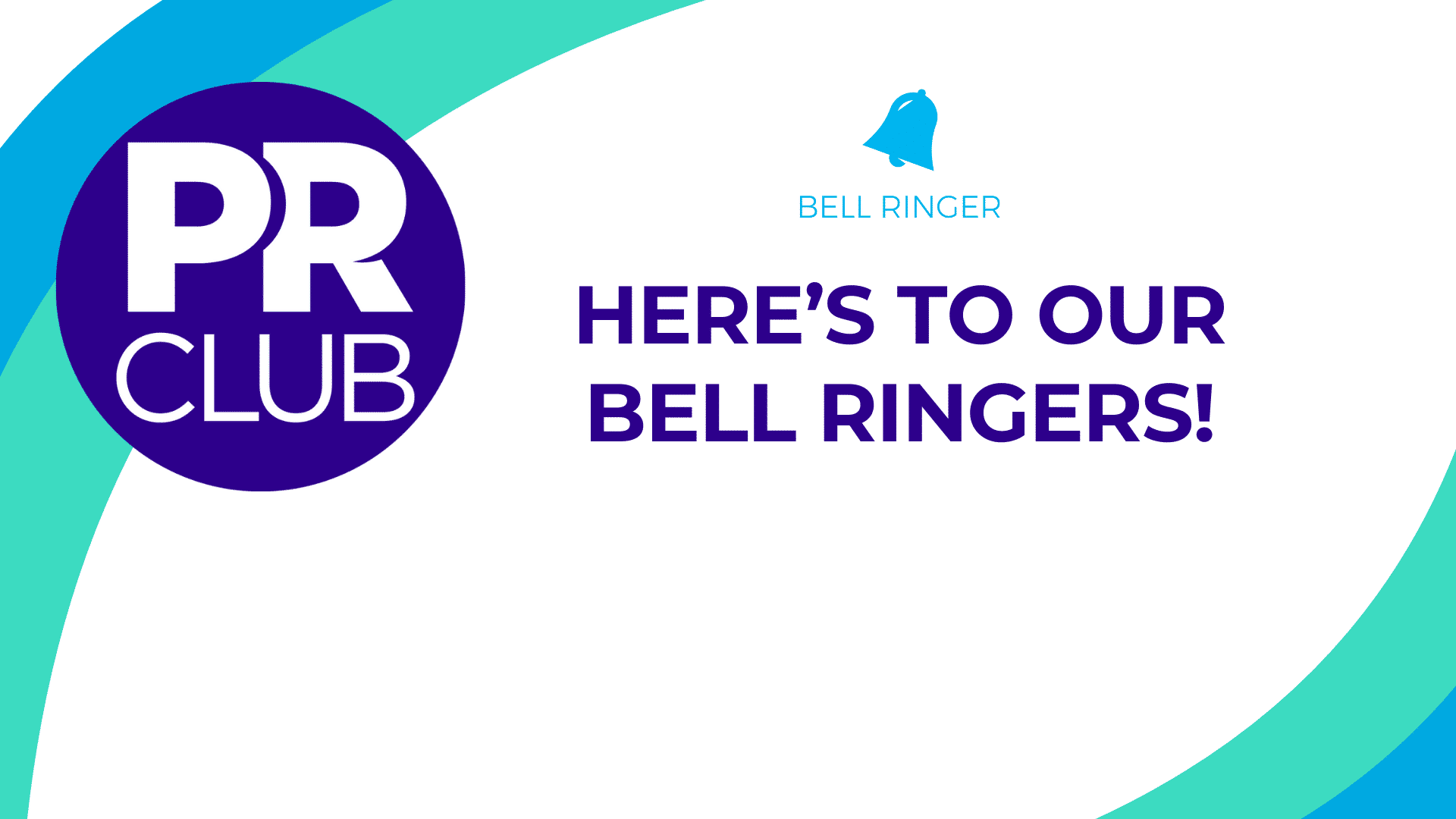Just because you fire off a well crafted email or give a reporter a buzz does NOT mean you’re about to secure coverage for your clients. Today, there are 6 times the amount of PR pros to journalists – so one can only imagine how flooded their inboxes can get. Check out three do’s and don’ts for pitching the media to help shed a positive light on you and your clients.
PITCHING DO’S
“It may be a cold call, but you should never go into the call cold. Make a point to know everything you can about a writer and his/her outlet. What they cover, how they cover it, how often and in what formats. And not only where they are, but where they’ve been. Try to understand what value you can truly bring to them.”

“For emailing – Timing is everything. A lot of the time, part of landing a pitch was that it hit the reporters inbox at the right time. Tuesday and Wednesday mid-mornings tend to work best, and avoid pitching on long weekends and Friday afternoons. For calling – Make sure your pitch is voicemail friendly! Most reporters hate cold calls, and won’t even pick up the phone – so make sure you can make a lasting impression via voicemail.”

“Always be sure to do your homework before conducting a cold call – check the reporter’s Twitter to see if they are traveling, looking for sources for a particular story, or are complaining about a PR rep ? Also double check to make sure you are calling at a good time for the reporter – especially as an East Coaster, we are often up and working earlier than the rest of the country!”

PITCHING DON’TS
“Avoid looking at a cold call as a one-off pitch. Remember that ours is a business of relationships. While we’d like every story to hit tomorrow, that’s not a reality. Use the opportunity as much to start building a dialogue that may yield results down the road.”

“For email – there’s nothing worse than making a bad first impression with a glaring typo or grammatical mistake. For calling – avoid sounding too much like a salesperson. While you are essentially selling your story to the reporter, the more you can make it sound like a casual conversation, the better. Don’t read your pitch word for word, or try to be too schmoozy.”

“Don’t keep the reporter on the phone for too long. I’ve found it best to open the call asking if they have one minute to chat – then only provide the high-level need-to-know details. If they express interest, follow up in an email. This is oftentimes so much more effective than trying to explain everything all at once.”

SPEED PITCHING WITH BROADCAST PRODUCERS
360 Public Relations 200 State Street, Floor 12
Tuesday, December 10, 5:30 – 8 PM
Join us for a speed pitching event with three local broadcast producers and contributors: Julie Loffredi, Contributor at TODAY & NBC Providence, Ramen Cromwell, Producer at WCVB’s Chronicle and Ray Fuschetti, Content Developer and Assignment Editor at NBC Boston.
The event will kick off at 6:00 pm with a round table discussion about the challenges media face these days, the types of stories they feel are most compelling for their audience and the best strategies for pitching broadcast media. The discussion will include time for audience Q&A, and then the speed pitching session will begin.
As speed pitching goes, attendees will have the chance to pitch their story to each media within a finite amount of time and receive immediate feedback.
Light dinner will be served.
TICKETS
https://www.eventbee.com/v/speed-pitching-with-broadcast-producers/event




